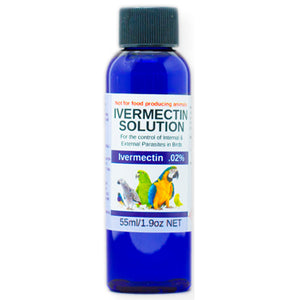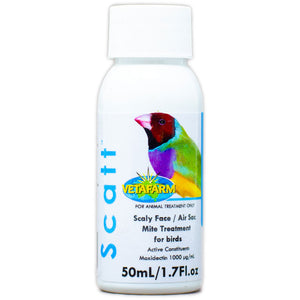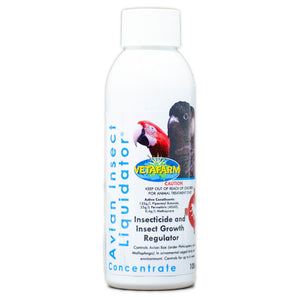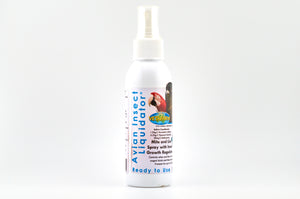Splayed Legs
Health Articles / Splayed Legs
There are lots of old wives tales told about splayed legs in cage and aviary birds and rotating legs in larger birds like emus and ostriches. Whilst a few instances have medical or environmental causes the majority of cases have calcium at their root. This article is intended to explain how calcium is involved in and how proper calcium supplementation can prevent its occurrence.
We are all aware of the role of calcium in bone formation. In the rapidly growing chick the bones are consuming large quantities of calcium. If the diet is deficient in calcium, or vitamin D3, there may not be enough calcium to go round the whole body. If the nerves and muscles go short of calcium they stop working properly. For nestlings this means that the leg muscles are unable to hold the legs together and support the chick's weight.
For larger birds uneven muscle function tends to cause the leg to twist outwards at the hips until the toes point out sideways.
Leg rotations are virtually impossible to treat. CalciBoost
As usual prevention is better than cure. This is achieved by addressing the calcium levels of both hens and chicks. This simply involves a weekly dose of CalciBoost to all non-breeding birds and hens prior to breeding. For Eclectus and African Greys we recommend twice weekly administration. During egg-laying we increase the frequency to five days a week and continue this through the chicks' growth period. CalciBoost is designed for use in conjunction with Daily Essentials3 and other Birdcare Company breeding products.
Do not give CalciBoost every day. Providing good quality calcium every day can actually have the reverse result to that you desire. If all the birds' maintenance calcium requirements are satisfied from the gut then the bones slowly lose the ability to quickly pump calcium back into the blood. Egg-binding can result from this over supplementation in hens.
Because of the role of calcium in egg shell formation it is critical to hen health. Using give CalciBoost routinely will increase clutch sizes, improve shell quality and hatchability and maintain much healthier hens.




